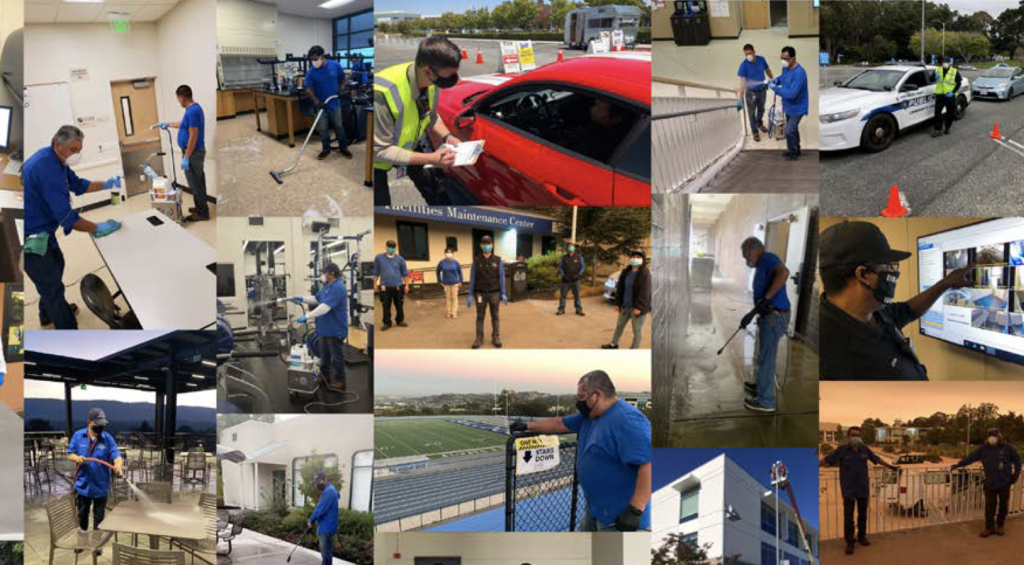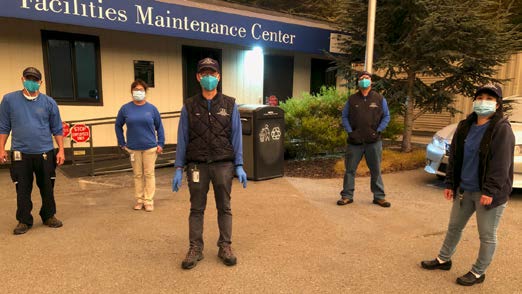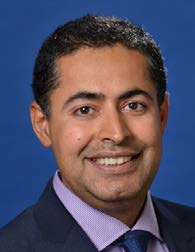In this extraordinary year, The San Mateo County Community College District has innovated and pivoted to continue serving our students. Faculty and staff set up their home offices, reached out to students, and adapted courses to online format. Students, once again, showed their resolve and resilience in moving to online education.
Our students were already facing significant challenges in terms of housing, transportation, access to food, financial security, and equity in the classroom. The pandemic has only intensified those challenges. In response, the District adapted some student basic needs supports and launched several new ones:
San Mateo County Community College District Emergency Food Distribution
The District partnered with Second Harvest of Silicon Valley to launch a Friday food distribution program at CSM. The program quickly reached its maximum capacity of serving 1,000 families per week. To date the program has distributed 1.2 million pounds of food, worth more than $2 million, to more than 27,000 families.
In September, Skyline College added a food distribution program on Wednesdays. To date the program has distributed 300,000 pounds of food, worth $537,000, to 7,500 families.
Emergency Food Card Program
Before the pandemic struck, the District had begun to distribute monthly vouchers for free groceries to students identified as having food insecurity challenges. With campuses closed, the vouchers are now distributed digitally. About 1,600 students have received more than $1 million in grocery vouchers to date. The District has funded another $1 million for the 2020-21 fiscal year.
Housing
The District allocated and distributed $100,000 in emergency funding to students for housing during the pandemic and set up a case management system to assist students with housing needs. The District SparkPoint Centers have also built a partnership with United Way Bay Area to provide rental assistance to students. About 30 students received housing vouchers this fall worth $1,750 each.
Chromebook and Hotspot Distribution
Without access to campus computers and wifi, many students were left without the technology they needed to continue their studies. The District acquired hundreds of Chromebooks and wifi hotspots to loan to students. This fall, about 400 Chromebooks are on loan to students, as well as 422 hotspots, and 128 calculators.
Drive-Up WiFi
Students can now make reservations online for a parking space in designated wifi parking lots. Students work from their cars, and campus restroom facilities are available.
Telemedicine
Using secure HIPAA-compliant Zoom technology, the College Health Centers now offer free telemedicine appointments to students. The telemedicine clinics offer medical advice, tuberculosis screenings, lab orders, some prescription refills, evaluation and treatment of illnesses and injuries, and referrals to other providers.
Flu Shot Clinics
The Health Centers have partnered with San Mateo County Health to offer free flu shots to employees and students. Each campus hosted a drive-through flu shot clinic in November or December.
Face-to-Face Instruction
With the community in need of healthcare workers, first responders, and job training/retraining programs, the District began piloting face-to-face instructional programs in the summer. While instructors have been able to convert most courses to a fully online format, not all instruction can take place remotely. Thanks to big support efforts from Facilities, ITS, and Public Safety, classes that must meet face-to-face are now doing so.
As of this fall, more than 700 students are participating in some form of on-campus instruction as part of their curriculum. A sampling of these courses includes:
Cañada College:
Medical Assisting
Radiology Technology
College of San Mateo:
Dentistry
EMT
Fire Academy
Nursing
Skyline College:
Automotive Technology
Cosmetology
Surgery Technology
Respiratory Care
STEM labs





